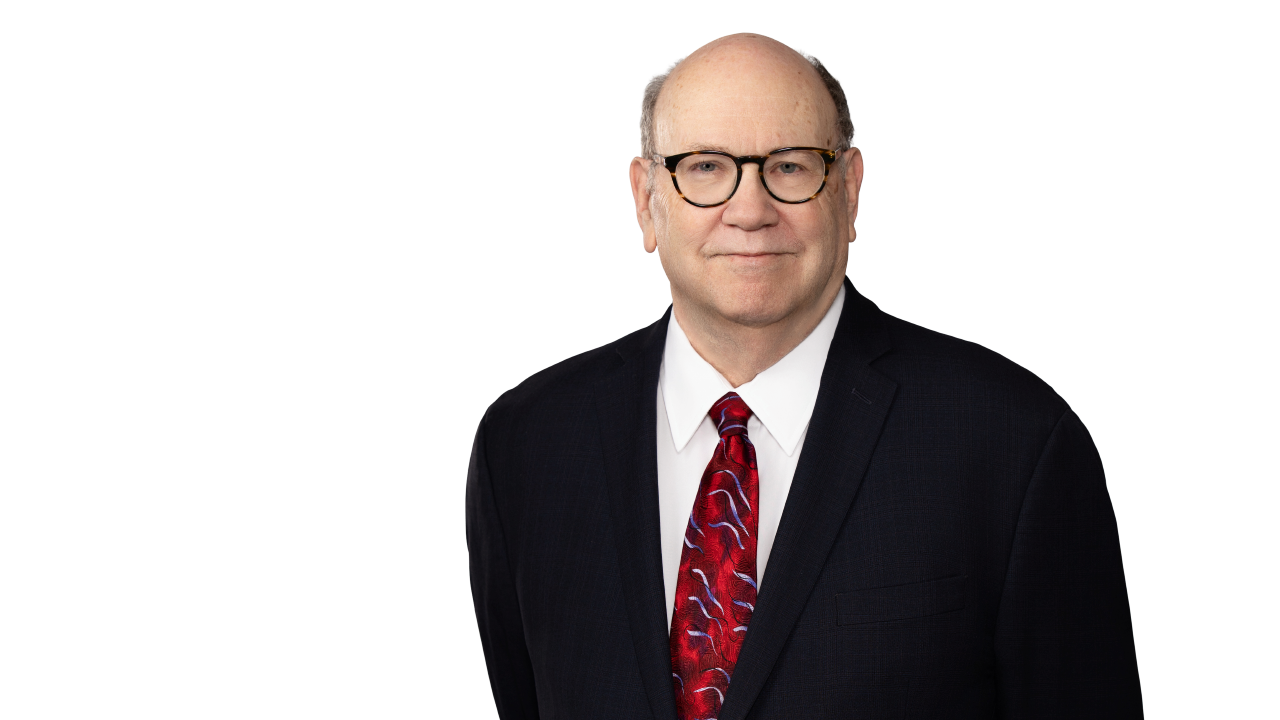FAQs: CMS Issues Emergency Regulation Mandating Workforce COVID-19 Vaccinations by Medicare/Medicaid-Certified Providers and Suppliers
Healthcare Alert | 4 min read
Nov 9, 2021
On November 5, 2021, the Centers for Medicare & Medicaid Services (CMS) issued an emergency regulation, requiring the workforce of Medicare- and Medicaid- certified providers and suppliers to be fully vaccinated against COVID-19 in order for Medicare and Medicaid facilities to continue participation in those programs. Noncompliance with the emergency regulation may result in the termination of Medicare and Medicaid provider status and could also subject providers and suppliers to civil monetary penalties and denial of payment.
We outline in a series of questions below what employers need to know about complying with the emergency rule requirement.
Q: What does this regulation require?
A: Effective immediately, Medicare- and Medicaid- certified providers and suppliers are required to ensure that its workforce is "fully vaccinated" for COVID-19. CMS defines "fully vaccinated" as two weeks after a vaccination series.
Q: What types of employers are subject to the requirement?
A: Ambulatory surgery centers, community mental health centers, comprehensive outpatient rehabilitation facilities, critical access hospitals, end-stage renal disease facilities, home health agencies, home infusion therapy suppliers, hospices, hospitals, clinics, long-term care providers, and others are all subject to the regulation. However, the regulation does not directly apply to other health care entities not regulated by CMS, such as physician offices.
Q: What types of employees are subject to the requirement?
A: The regulation requires vaccination of all staff working at a facility that participates in the Medicare or Medicaid program, unless an exemption applies, regardless of clinical responsibility or patient contact, including facility employees, licensed practitioners, students, volunteers, and others. Staff includes medical staff members and mid-level providers, as well as administrative personnel and board members.
Q: What is the effective date of this regulation?
A: The effective date is November 5, 2021; however, employers shall implement the vaccination requirements in two phases. By December 5, 2021, all subject employees must receive the first dose of a primary series or a single dose COVID-19 vaccine prior to providing any care, treatment, or services for the employer and/or patients. By January 4, 2022, all subject employees must complete the primary vaccination series. Even if the employee has not reached the two-week waiting period required for compliance with the "fully vaccinated" definition, the employee is considered in compliance with the regulation upon completion of the series. These requirements must be documented in a policy to offer proof of compliance in the event CMS surveys a facility. The policy should include the process for vaccinating all eligible staff, describing the exemption and accommodation process, and a plan for documenting staff vaccinations.
Q: Can existing employees be grandfathered in and not be subject to the mandate?
A: Regardless of when the employee became employed, all subject employees are required to be "fully vaccinated" for the employer's continued participation in Medicare and Medicaid.
Q: In place of vaccination, may the employer require COVID-19 testing of unvaccinated employees on a regular basis?
A: No. CMS requires all staff to be vaccinated, and employers cannot replace this requirement with regular testing. Employers may implement their own testing policies in addition to the vaccination requirement.
Q: Since third doses of mRNA vaccines are recommended for certain populations, must eligible employees have their booster shot to be considered "fully vaccinated?"
A: According to the regulation, CMS does not require eligible employees to have a booster shot in order to be considered "fully vaccinated."
Q: Can employees receive an exemption from the requirement?
A: Pursuant to the Americans with Disabilities Act and Title VII of the Civil Rights Act of 1964, certain employees are exempt from the requirement, including those with certain medical conditions or religious beliefs. Employers' policies and procedures should reflect permissible exemptions and the process followed to determine whether an exemption should be granted.
Q: What if an employee wishes to show proof of COVID-19 antibodies in place of vaccination?
A: Proof of COVID-19 antibodies will not qualify as an exception to the regulation.
Q: What reporting requirements does this regulation impose on employers?
A: Employers are not required to report any data related to this regulation to CMS. However, employers should document exemptions in accordance with federal law and as part of its policies and procedures.
Q: Does the employer have to provide accommodations for employees that are exempt from vaccination?
A: Yes. Employers must take additional precautions to prevent the spread of the virus and provide unvaccinated employees with accommodations.
Q: Which entities will be enforcing the regulation?
A: CMS and state surveyors will conduct onsite compliance reviews. Accrediting organizations will also monitor for compliance with vaccination requirements.
Q: Will CMS immediately terminate the employer's participation in the Medicare and Medicaid programs if the employer is not in compliance?
A: CMS will offer employers the opportunity to come into compliance before termination.
Useful Links
The full interim rule can be found on the Federal Register's website. Read CMS' FAQ page on the interim rule or the CMS press release announcing the interim rule.
Related Content
Related Capabilities
Featured Insights

Event
Mar 3 – 5, 2026
25th Annual Legal Malpractice & Risk Management (LMRM) Conference

Press Release
Feb 13, 2026
Hinshaw Team Wins Appeal in Criminal Indictment of Waukegan City Clerk Janet Kilkelly

Press Release
Feb 10, 2026
Hinshaw Trial Team Secures $0 Defense Verdict in $15 Million Auto Accident Trial

Press Release
Feb 4, 2026
Hinshaw Celebrates 17 Consecutive Years of Being Named an Equality 100 Award Winner

Press Release
Feb 5, 2026
Hinshaw Legal Team Secures Directed Verdict in Florida Equine Fraud Case

Press Release
Feb 2, 2026
Hinshaw Welcomes 16 Attorneys in Seven Offices and Announces Opening of a Cleveland Office

Press Release
Jan 20, 2026
Hinshaw Attorneys Named to the LCLD 2026 Fellowship Class and 2026 Pathfinder Program

Press Release
Jan 15, 2026
Hinshaw Client Secures a Complete Jury Verdict in Fraudulent Misrepresentation Horse Sale Case

Press Release
Jan 6, 2026
Hinshaw Adds Four-Member Consumer Financial Services Team in DC and Florida






